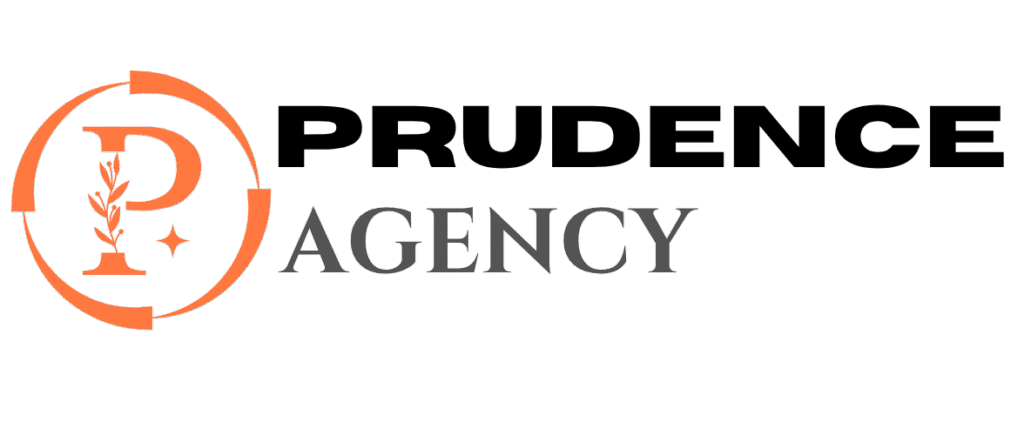The Ethics of Using AI in Business: Responsible Practices & Benefits
Artificial Intelligence (AI) is revolutionizing the business landscape – from automating processes and improving decision-making to personalizing customer experiences. However, with great technological power comes great ethical responsibility. Understanding the ethics of using AI in business is critical for businesses aiming to innovate responsibly while maintaining trust and adhering to legal standards.
Why Ethics Matter in AI for Business
Implementing AI technology without ethical considerations can lead to unintended consequences such as biased decisions, privacy infringements, and loss of customer trust. Ethical AI ensures fairness, transparency, accountability, and respect for human rights- all vital to long-term business success.
- Trust and Reputation: Ethical AI usage builds customer and stakeholder trust.
- Legal Compliance: Avoid costly legal penalties by adhering to data and AI use regulations.
- Innovation with Responsibility: Responsible AI drives sustainable innovation.
Core Principles of Ethical AI in Business
Businesses can follow these foundational principles to ensure their AI systems operate ethically:
- Transparency: Clearly communicate AI’s role in business processes to customers and employees.
- Fairness: Prevent biases in AI algorithms to avoid unfair outcomes or discrimination.
- Privacy Protection: Safeguard sensitive data and comply with regulations like GDPR and CCPA.
- Accountability: Assign responsibility for AI decisions and impacts within the organization.
- Human Oversight: Ensure human control and intervention, especially in critical decisions.
Benefits of Ethical AI Adoption in Business
When businesses commit to ethical AI practices, they unlock distinct advantages beyond innovation:
- Enhanced Customer Loyalty: Transparency and fairness foster stronger customer relationships.
- Improved Decision-Making: Ethical AI minimizes errors caused by biased data or opaque processes.
- Regulatory Advantage: Proactively complying with AI laws boosts operational resilience.
- Competitive Differentiation: Showcasing ethical values attracts conscious consumers and investors.
Common Ethical Challenges When Using AI in Business
Despite clear benefits, organizations often face these common obstacles when incorporating AI ethically:
| Challenge | Description | Potential Impact |
|---|---|---|
| Bias in Algorithms | Unchecked training data leads to discriminatory AI decisions. | Loss of customer trust, legal liability. |
| Lack of Transparency | Businesses fail to explain AI’s decision logic. | Customer skepticism, ethical concerns. |
| Data Privacy Issues | Improper handling of personal data. | Fines, reputation damage. |
| Automation Displacing Workers | AI leads to job losses without employee support. | Negative public relations, decreased morale. |
Case Studies: Ethical AI in Action
1. IBM’s AI Fairness Initiative
IBM has been a pioneer in promoting “Fairness 360,” an open-source toolkit designed to detect and mitigate bias in AI models. By sharing tools with the global community, IBM demonstrates corporate responsibility and transparency, encouraging fair AI deployment across industries.
2. Microsoft’s Responsible AI Committee
Microsoft established an internal committee to govern AI ethics in all company products. This ensures every AI technology released follows strict guidelines concerning privacy, fairness, and accountability – setting a high benchmark for tech companies worldwide.
Practical Tips for Implementing Ethical AI in Your Business
Businesses looking to adopt AI ethically can take actionable steps to align with best practices:
- Conduct Regular Audits: Continuously monitor AI systems for bias and errors.
- Involve Diverse Teams: Diversity in AI development teams prevents one-sided perspectives.
- Keep Human-in-the-Loop: Maintain human supervision in consequential AI decisions.
- Educate Employees and Customers: Promote awareness around AI uses and ethical concerns.
- Partner with Ethical AI Vendors: Choose suppliers committed to AI ethics.
The Future of AI Ethics in Business
As AI technology evolves, so too will its ethical implications. Businesses must stay proactive by:
- Adopting emerging ethical frameworks and global regulations.
- Investing in transparent AI explainability tools.
- Engaging with stakeholders to shape inclusive AI policies.
Ethical AI isn’t just a compliance checklist – it’s a strategic imperative that protects businesses and society alike.
Conclusion: Embracing Responsible AI Is a Business Imperative
The ethics of using AI in business is a nuanced topic demanding thoughtful consideration and action. By prioritizing transparency, fairness, and accountability, companies can harness AI’s full potential while respecting customer rights and societal values. Ethical AI adoption fosters innovation, trust, and long-term success – positioning businesses to thrive in an increasingly AI-driven world.
Are you ready to implement responsible AI practices in your business? Start today by evaluating your AI systems through the lens of ethical principles and set a foundation for trusted innovation.











